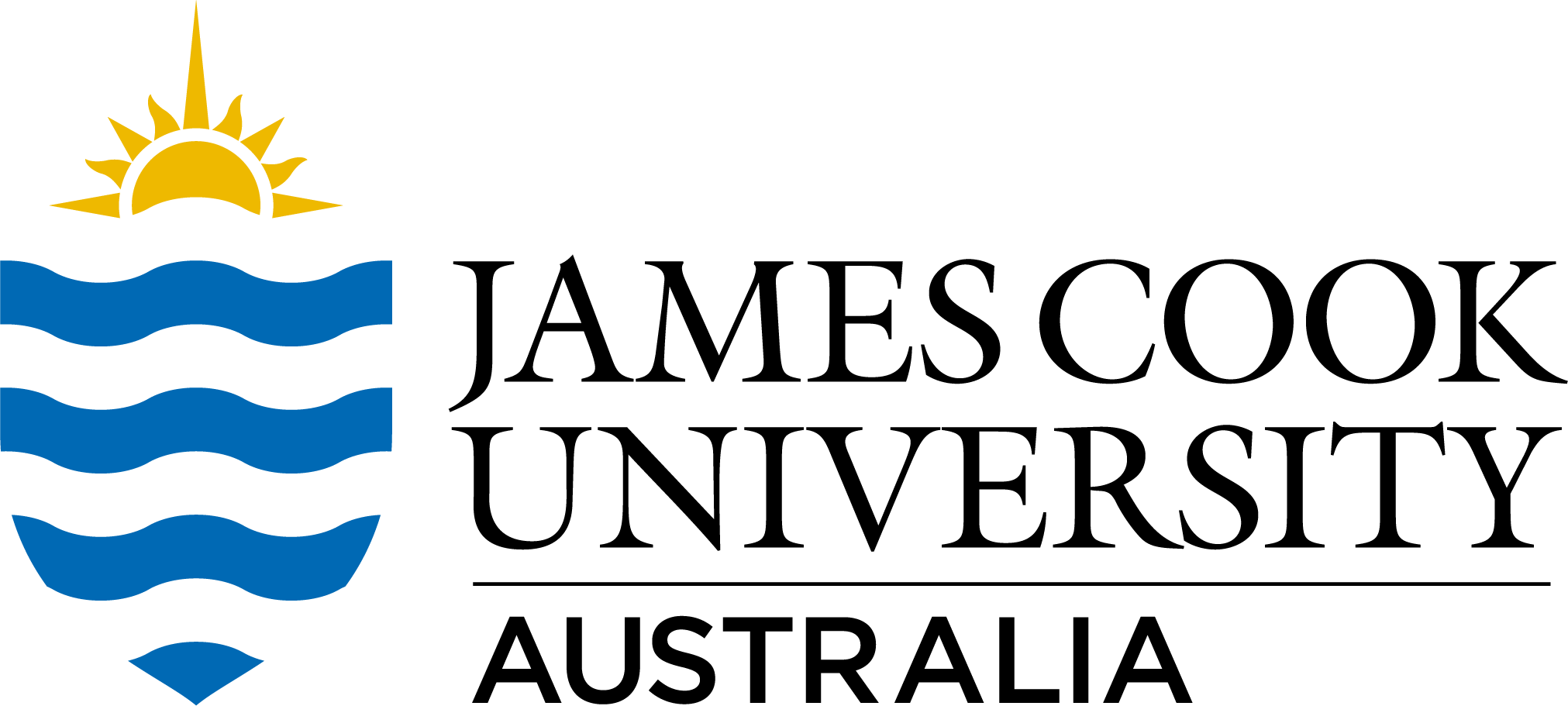Full description
Data presented in:
Wheeler CR, Rummer JL, Bailey B, Lockwood J, Vance S, Mandelman JW. 2020. Future thermal regimes for epaulette sharks (Hemiscyllium ocellatum): growth and metabolic performance cease to be optimal.
Data collected from H. ocellatum embryos raised at the New England Aquarium's Animal Care Center (Quincy, MA, USA) from June 2017-June 2019. Ethical approval for this study was received from the New England Aquarium Animal Care and Use Committee ethical code (protocol #: 2017-05). This dataset contributes to a PhD dissertation by Carolyn Wheeler from James Cook University and The University of Massachussetts Boston.
This dataset consists of 4 CSV files:
- H.ocellatum_EmbryoLength.csv - embryo lengths across in ovo development of H. ocellatum reared in 27, 29, and 31C temperature treatments
- H.ocellatum_EmbryoRMR.csv - embryonic metabolic rates across in ovo development of H. ocellatum reared in 27, 29, and 31C temperature treatments
- H.ocellatum_YolkArea.csv - yolk size data across in ovo development of H. ocellatum reared in 27, 29, and 31C temperature treatments
- H.ocellatum_NeonateData.csv - development time, sex, mass, length, condition factor, time of first feeding (toff), resting metabolic rate (RMR), maximum metabolic rate (MMR), aerobic scope, and recovery time from exercise for H. ocellatum neonates raised in 27, 29, and 31C temperature treatments
Created: 2021-01-22
Data time period: 06 2017 to 08 06 2019
User Contributed Tags
Login to tag this record with meaningful keywords to make it easier to discover
- DOI : 10.25903/YTXC-N035

- Local : researchdata.jcu.edu.au//published/6b41034d835339361d26ee9109148c80


